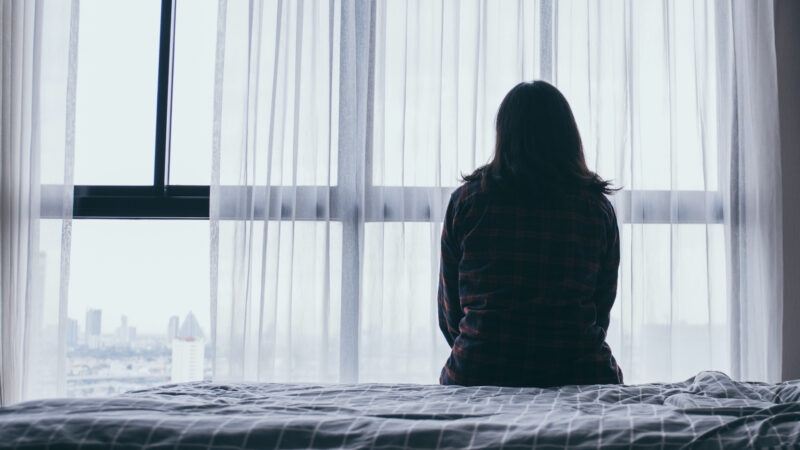
Dr Rosena Allin-Khan has described as “alarming” new data that shows Black people in England were four times more likely to be sectioned under the Mental Health Act last year than white people.
NHS figures released today reveal that Black people were detained for mental health reasons at a rate of 321.7 per 100,000 people in 2019-20, which is four times higher than the 73.4 per 100,000 rate among white people.
Labour’s shadow mental health minister has responded to the numbers by calling on the government to create a national strategy to tackle health inequality, as demanded by the new Lawrence Review.
Commenting on the health service figures and the need to implement a nationwide strategy to deal with racial inequalities in healthcare, Allin-Khan said: “These figures make for alarming reading.
“The racial disparity of detentions under the Mental Health Act underlines the need to address health inequalities, and to ensure provision is widely accessible and support is suitable for all.
“As Doreen Lawrence has called for today, the government must urgently implement a national strategy to tackle health inequality.”
People with a mental disorder can be detained, as a last resort measure, by doctors under the Mental Health Act – or ‘sectioned’ – in the interests of their own health or safety, or in an effort to protect other people.
Every year since ethnicity-related Mental Health Act data started being collected by the NHS in 2016, figures have consistently revealed that Black people are four times more likely to be sectioned than white people.
As well as being more likely to be sectioned, Black people were over ten times more likely to face Community Treatment Orders (CTOs), under which a patient is treated in the community but is subject to recall to a hospital for assessment.
50,893 new detentions under the Mental Health Act were recorded in the new statistics, but the overall national totals are likely to be higher as many providers submitted incomplete data or no data at all.
The NHS estimates that, based on the providers that did consistently submit good quality detention statistics, there was a 0.8% increase in the overall number of mental health sections compared to the previous year.
Age and gender were also found to be factors that affected the likelihood of being sectioned, with both men and those aged between 18 and 34 being more likely to be detained, albeit at a much lower rate than Black people.
The news comes as Labour leader Keir Starmer committed to implementing a ‘Race Equality Act’ and the party released a new a report on the disproportionate impact of the coronavirus crisis on minority ethnic communities.
Baroness Lawrence was tasked by Labour in April with investigating how Black, Asian and minority ethnic communities have been affected by Covid-19 and government policies during the pandemic.
Noting that the UK government “has not done enough to protect people ahead of the second wave” of the virus, the paper urges ministers to set out an urgent plan that will benefit BAME communities during Covid.
Her report sets out 20 recommendations for the government, including a national strategy to tackle health inequalities and the urgent undertaking of equality impact assessments on the government’s Covid support schemes.
It also called for the government to set out a plan for tackling the disproportionate impact of Covid on ethnic minorities, who have been badly affected both economically and health-wise by the pandemic.
Black people have been found to be at a higher risk of death from coronavirus. In one report from the first wave of the pandemic, Black people were found to be almost twice as likely to die from Covid than white people.
Labour argued last month that the government had “failed to act to protect Black, Asian and minority ethnic communities” after a report showed BAME people were almost three times as likely to have lost their job as a result of Covid.




More from LabourList
‘It’s one year since I became Britain’s youngest MP. Here’s what I’ve achieved so far’
Tribute: ‘David Lipsey’s joie de vivre is missing in Labour politics today’
Ellie Reeves: ‘One year in, the next phase begins – focused on living standards’